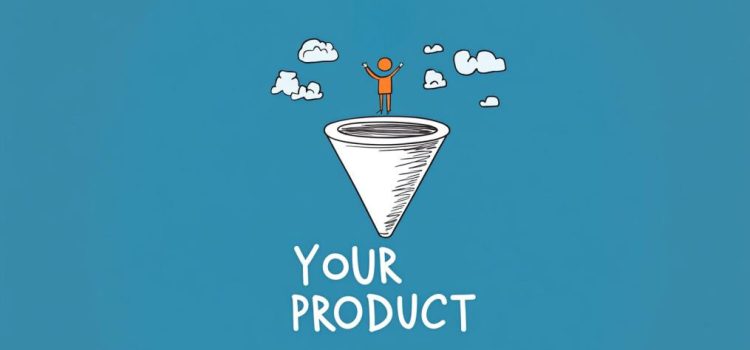Are you struggling to attract your ideal customers? What’s the secret to creating a sales funnel that actually works? Russell Brunson’s book Traffic Secrets reveals a powerful strategy for capturing dream customers. He shares insights on crafting compelling offers and designing user-friendly web pages. His approach focuses on the “hook, story, and offer” framework to guide potential buyers through the sales process. Read on for Brunson’s expert advice that can boost your business online.
Russell Brunson’s Sales Funnel Strategy: Hook, Story, & Offer










